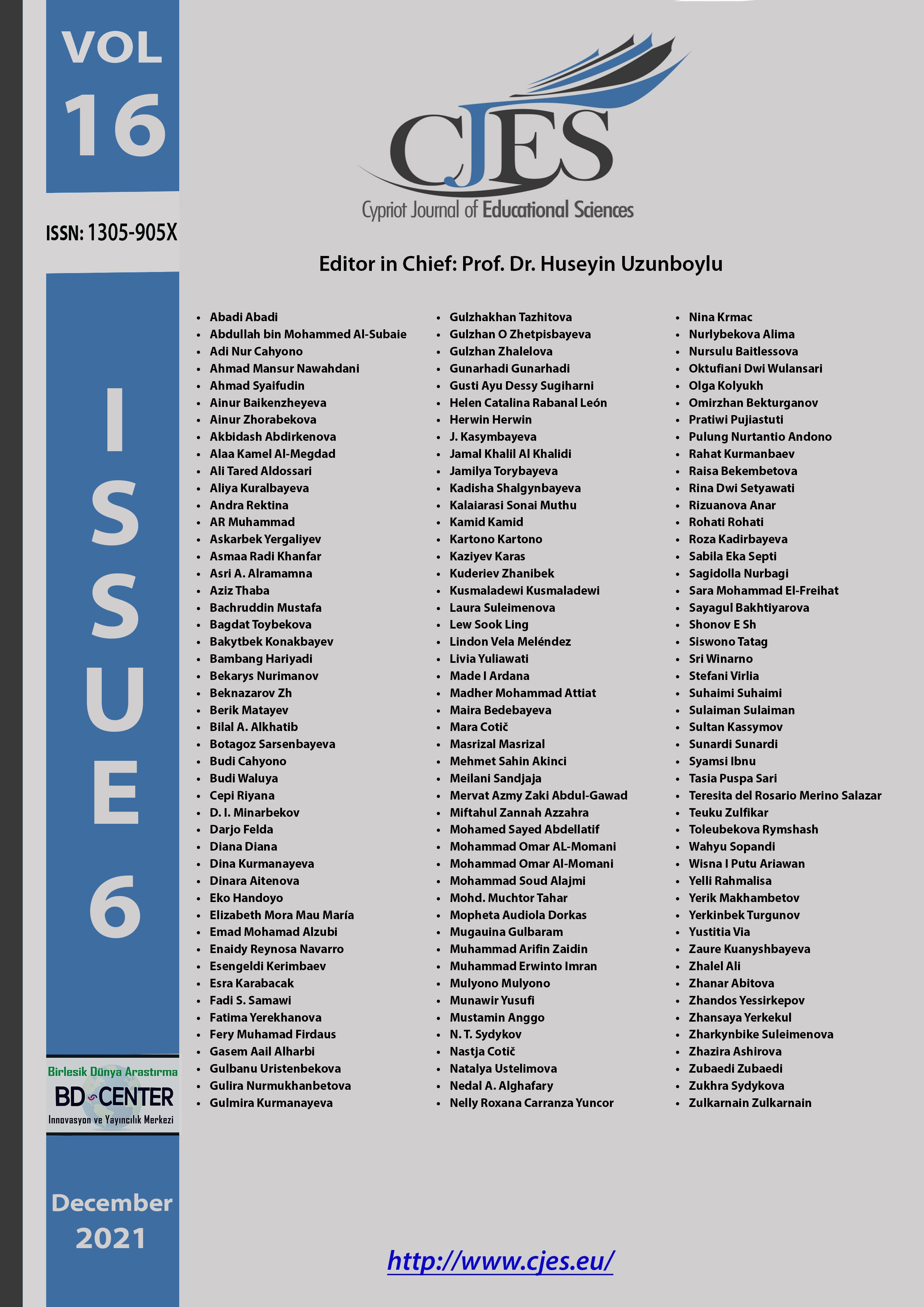Academic procrastination' relation to undesirable behaviours among faculty members from the students' perspective
Main Article Content
Abstract
Background: Academic procrastination had been reported widely to be in association with unwanted behaviours among university students. However, this association was not studied extensively in higher educational institutions. Aim: This research aimed to measure the level of academic procrastination among college students and the unwanted behaviours among faculty members from students' viewpoints. Method: The research sample consisted of 430 students randomly selected for the summer semester 2016/2017 using the descriptive correlation approach. An instrument to measure academic procrastination was developed to achieve the aims of the research. Results: The findings indicated that the level of academic procrastination was medium, whereas unwanted behaviours were high. The findings result showed a negative association between academic procrastination and unwanted behaviours. One of the most dimensions of unwanted behaviours that forecasted academic procrastination is the dimension of managing and organising classrooms.
Keywords: Academic procrastination; educational psychology; descriptive approach; university students/Jordan; unwanted
behaviours.
Downloads
Article Details

This work is licensed under a Creative Commons Attribution 4.0 International License.
Cypriot Journal of Educational Sciences is an Open Access Journal. The copyright holder is the author/s. Licensee Birlesik Dunya Yenilik Arastirma ve Yayincilik Merkezi, North Nicosia, Cyprus. All articles can be downloaded free of charge. Articles published in the Journal are Open-Access articles distributed under a CC-BY license [Attribution 4.0 International (CC BY 4.0)].
Birlesik Dunya Yenilik Arastirma ve Yayincilik Merkezi (BD-Center)is a gold open-access publisher. At the point of publication, all articles from our portfolio of journals are immediately and permanently accessible online free of charge. BD-Center articles are published under the CC-BY license [Attribution 4.0 International (CC BY 4.0)], which permits unrestricted use, distribution, and reproduction in any medium, provided the original authors and the source are credited.

